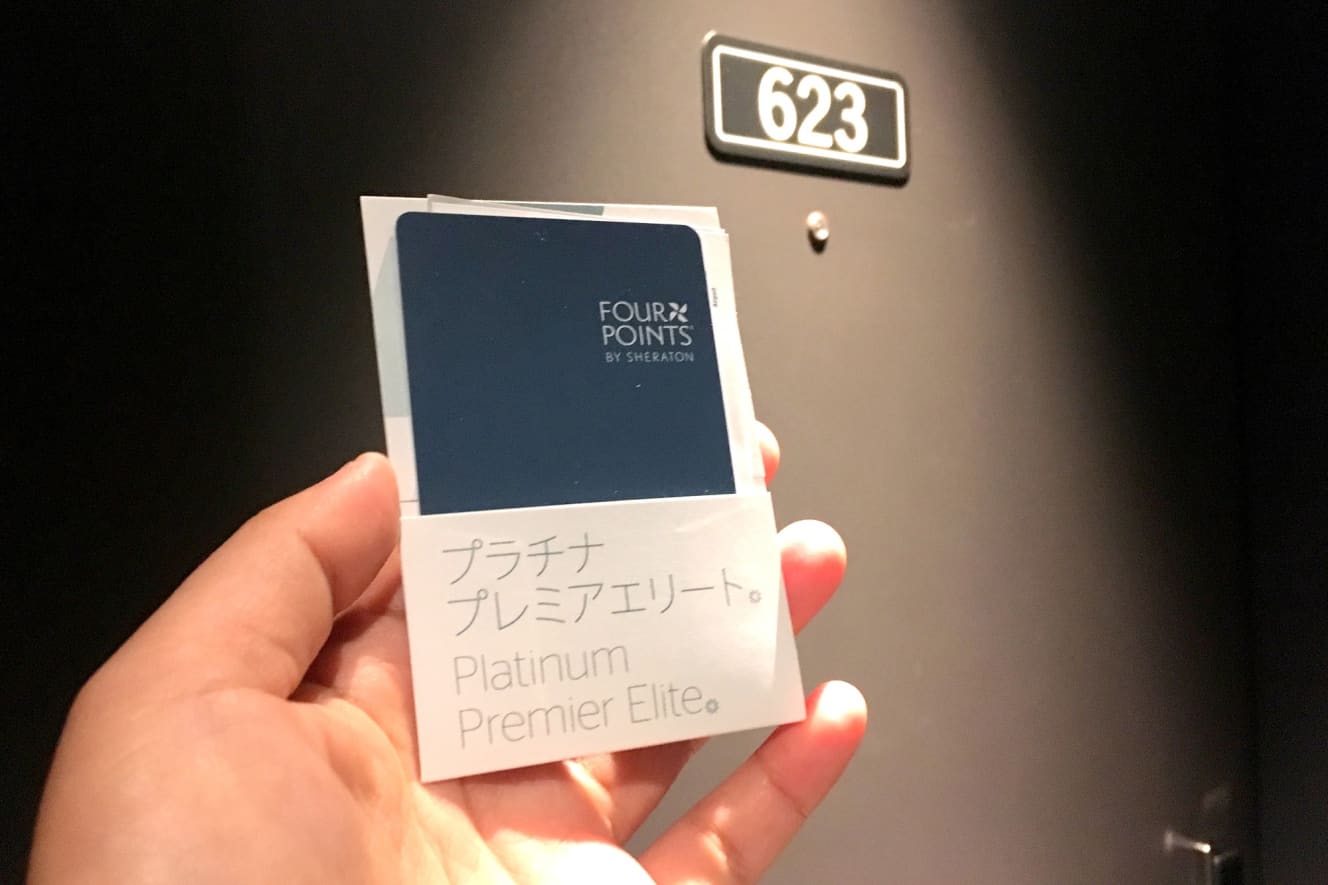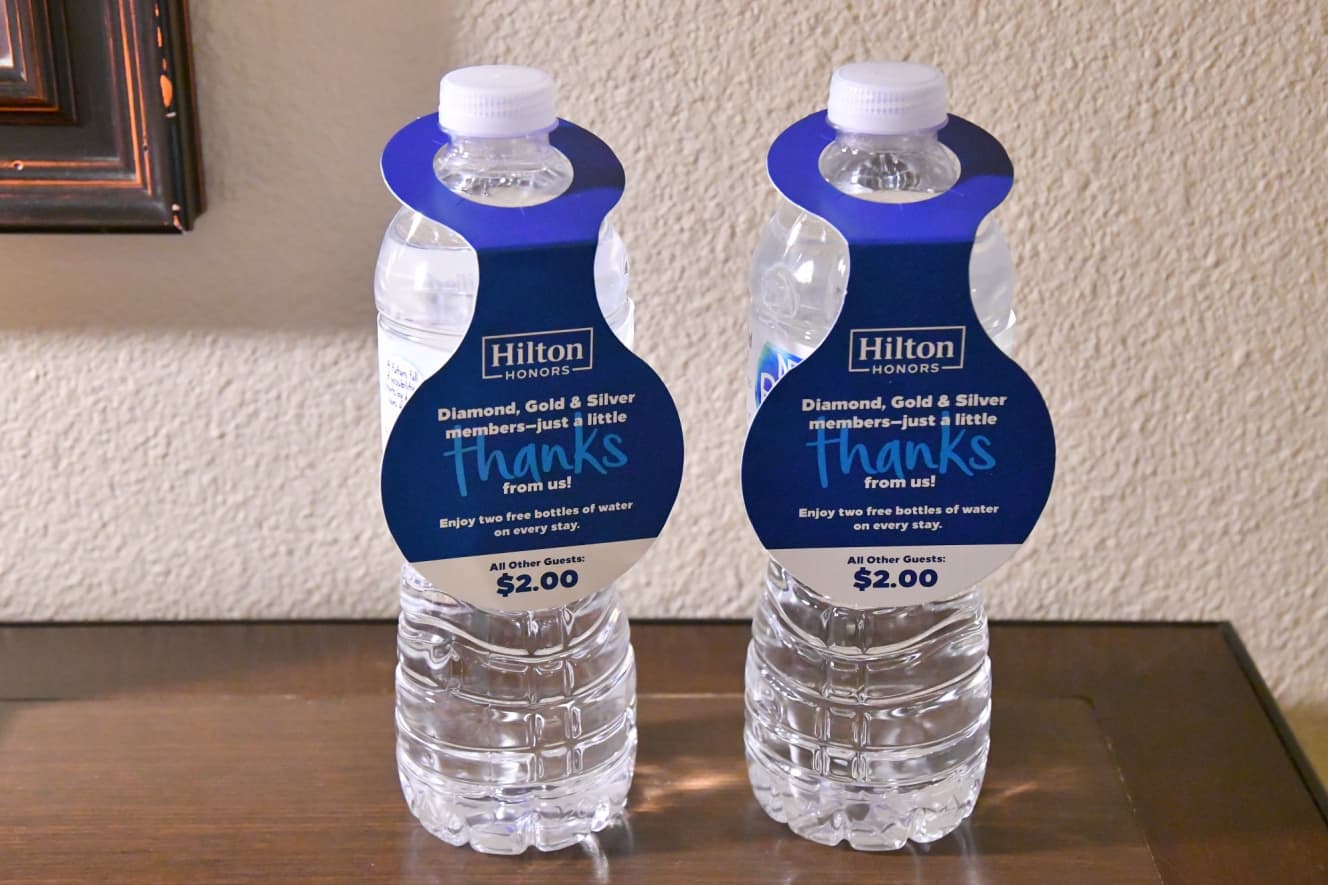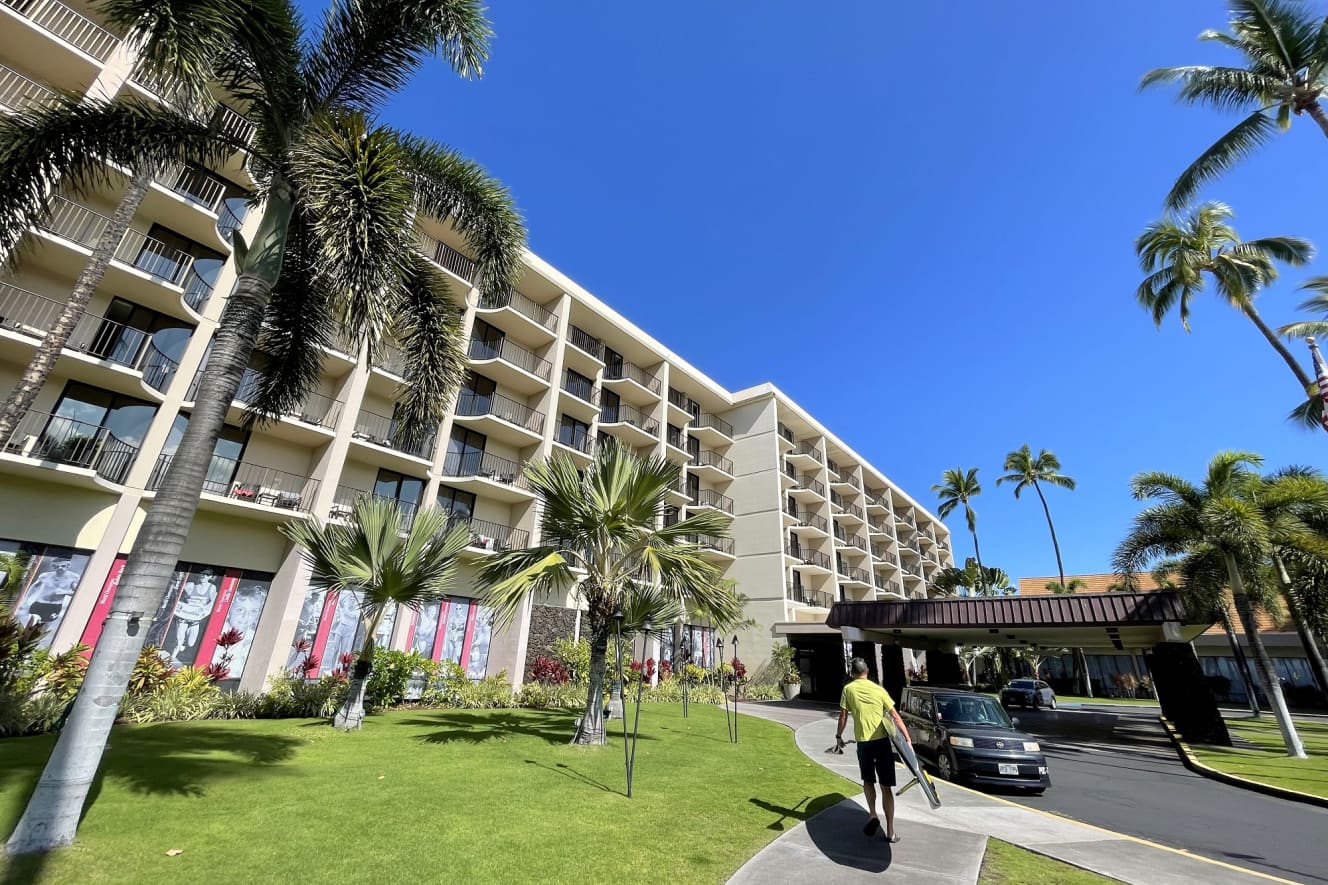Actually, “domestic” was a good deal too! Why “Hotel Training” for foreign companies is so popular
COVID-19 crisis also entering the Japanese market in rapid succession, intensifying competition to “lure repeat customers
In response to the popularity of foreign visitors to Japan, a number of hotel brands of foreign-affiliated hotel chains have entered the Japanese market one after another in recent years. In the past, hotel rooms had an image of being “expensive and hard to find,” but nowadays they can often be found at prices comparable to those of business hotels in Japan.

Many people stay at such foreign-affiliated hotel chains and aim to become a senior member. This is the “hotel training ” that follows the “airline training” to obtain airline membership. In recent years, there has been a trend for people to stay at hotels after flying, or vice versa.
Foreign-affiliated hotel chains have a number of attractions that Japanese-affiliated hotels do not have. One of them is that just by staying at a hotel, you can enjoy the feeling of traveling abroad as an extraordinary experience, but the attraction is doubled if you become a member of each hotel chain.
Brands offering accommodation at rates comparable to those of Japanese “business hotels” are entering the market one after another.
The major foreign-affiliated hotel chains currently operating in Japan are as follows
- Marriott International ( 30 brands, approx. 8,000 hotels in 139 countries)
- Hilton Hotels & Resorts ( 122 countries, 18 brands, approx. 6,800 hotels)
- InterContinental Hotels Group/IHG ( 17 brands, approx. 6,000 hotels in more than 100 countries)
- Accor Hotels ( more than 100 countries, 43 brands, approx. 5100 hotels)
- All figures are from the official website of each hotel chain.
Many other foreign-affiliated hotel chains have also entered the Japanese market, including Hyatt Hotels and Four Seasons Hotels & Resorts.
Accor Hotels, for example, has brands according to four “ranks. The highest “luxury” brands include Fairmont and Sofitel. The next “premium” category includes Pullman and Swissôtel, while the “midscale” category includes Novotel andMercure. In the most casual “economy” category, there are ibis ,ibis Styles,ibis budget, etc.
Of these, the most noteworthy are the lines that fall into the “midscale” and “economy” categories, which are steadily increasing in number behind the reported advance of “luxury” hotels. These can be considered the equivalent of a slightly upscale business hotel in Japan. In fact, business use of these hotels is very high.
For example, we looked at the cost of lodging in the center of Kyoto. They also compete with Japanese “low-cost” business hotels. The same phenomenon can be seen in areas such as Osaka and Sapporo.
- Mitsui Garden Hotel Kyoto Shijo” from 4,518 yen
- Ibis Style Kyoto Shijo” from 5,354 yen
- Ark Hotel Kyoto” from 5,730 yen
- The Royal Park Hotel Kyoto Sanjo, 6124 yen and up
- Toyoko INN Kyoto Shijo-Karasuma, 7160 yen and up
- Moxy Kyoto Nijo” ★7826yen~
- Dormy Inn PREMIUM Kyoto Ekimae” from 9505 yen
- These are foreign-affiliated hotel chains (weekdays in early September, rates for two people per room, see Google Hotels).
Foreign-affiliated hotels are attractive because of their worldwide “senior member” system.
OTAs (Online Travel Agents) such as Rakuten Travel, Jalan, and Expedia are commonly used for hotel reservations. For example, Rakuten Travel offers Rakuten Points based on the amount of stay, and Hotels.com offers a free night for every 10 nights stayed. There is no disagreement that OTAs are convenient for comparing and selecting hotels of all kinds.
On the other hand, the trend to “book directly from the hotel’s official website for the cheapest stay” has been spreading in recent years. In addition, hotels offer unique benefits such as “late check-out” and “drink special s. In addition to the flexibility for customers in terms of changes and cancellations, they are less likely to encounter problems such as double reservations. The cost of a stay at the Marriott Bonvoy is not much different from that of a mid- to high-class Japanese business hotel, and the “members-only rate” is even more economical.

Hotel members usually earn points and other benefits based on their stays. This rule is almost the same for both Japanese- and foreign-affiliated hotels, but the major difference is the “size of the hotel chain. In the case of Japanese-affiliated hotels, even if a member accumulates a record of stays and earns free night privileges, the benefits are almost exclusively limited to Japan. On the other hand, foreign-affiliated hotels have “ranks” such as silver, gold, and platinum, depending on the number of stays, and the benefits are available at all hotel brands around the world.

There are many other advantages such as “guaranteed lowest price,” “late check-out time,” “slightly larger rooms,” and “stylish design. In addition, becoming a member of a hotel’s seniority level membership entitles you to special “lounge” access during your stay, a free room upgrade, and a free luxurious breakfast. For the same hotel chain, the benefits for each rank are basically the same rules for hotels around the world.

Why “Hotel Training” at Foreign Hotel Chains in Japan is a Good Idea Right Now
Since the spread of the new coronavirus, it has been difficult to travel abroad. Hotel training at foreign-affiliated hotel chains is also available for domestic travel. Moreover, there are no foreign individual travelers now, and accommodation is inexpensive. We recommend that you accumulate achievements by staying at domestic hotels while you can, and use all the points you have accumulated at once when the ban on overseas travel comes into effect.
For example, hotel accommodations in Hawaii, a popular destination among Japanese, are expensive to begin with. Moreover, with the soaring cost of living, the depreciation of the yen, and the popularity of Hawaii among travelers from the U.S. mainland, it is not unusual to pay 40,000 to 50,000 yen per night for a room of a certain rank. Therefore, the ability to save on lodging costs by using points accumulated in Japan is quite significant. In fact, there are a number of U.S. hotel chain brands in Hawaii, such as Marriott and Hilton.

In addition, advanced hotel memberships are sometimes included free of charge with high-level credit cards such as Gold and Platinum. If you are a frequent card user, you may want to check this out. There are also “hotel ascetic monks” who intensively stay at hotels for consecutive nights during “double points” or “double stay” promotions. The method of efficiently becoming a senior member overlaps in some respects with the training for airline miles. However, it is important to note that hotel reservations must be made through the official website; reservations made through OTAs or travel agencies will not be counted as a stay.

Looking around the world, entry restrictions are being eased one after another, and overseas travel is resuming in earnest. If Japan also eases its entry restrictions, it is inevitable that domestic hotel prices will rise. While you are at it, why not become a member of a foreign hotel chain and stay there to enjoy a bit of elegance and aim for senior membership as well?
Text and Photographs: Aki Shikama (unless otherwise noted)
